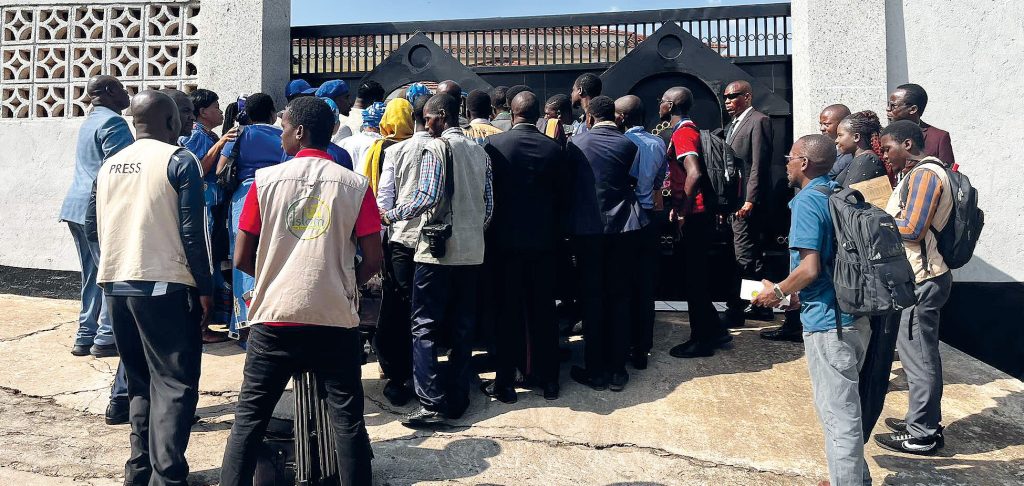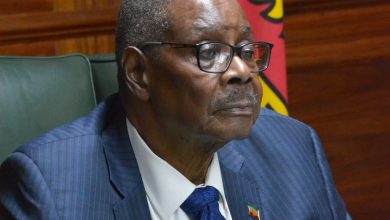Journos, critics fault APM’s first presser
The incoming Democratic Progressive Party (DPP) administration has come under fire over the handling of President-elect Peter Mutharika’s first press conference in Blantyre on Friday where party functionaries outnumbered journalists.
During the press conference at Mutharika’s private residence in Nyambadwe, several journalists were denied entry at the gates. Besides Mutharika, Alliance for Democracy (Aford) president Enoch Chihana and DPP secretary general Peter Mukhito were also in attendance.

Other officials were party vice-presidents for South and Eastern regions, Joseph Mwanamvekha and Bright Msaka respectively, as well as a multitude of low-ranking officials and supporters who filled every inch of the compound.
One journalist, who asked not to be named, said the event hardly resembled a press briefing.
Recounted the journalist: “It was clear to every journalist who was there that getting inside was a nearly impossible task. We were told the space was full, but what they didn’t explain was that it was filled with party officials and only a few seats were reserved for media people.”
The journalist described how, after pleading for access, only their technical crew was allowed in while they remained outside in the scorching sun for nearly 30 minutes before leaving.
When contacted for comment, DPP and Mutharika’s spokesper son Shadr i c Namalomba justified the development, saying the room where the briefing took place was too small to accommodate more than 15 people.
He said the party invited four media houses and each brought about six people, while from the party, there were only five people inside and the rest sat outside.
Meanwhile, rights and governance activist Benedicto Kondowe, who followed the event, has warned that the dominance of officials and supporters at a press event risks projecting continuity rather than reform.
“Mutharika himself would not welcome such incidents under his watch because they run contrary to his vision of change and unity,” he said.
In a separate interview, political analyst Wonderful Mkhutche cautioned that it is still too early to judge whether the DPP has truly reformed.
“That was the first press conference after winning power. Party officials are also trying to be visible to the President, hence their numbers,” he said.
Both Kondowe and Mkhutche agreed that while symbolic events like press conferences send early signals, the ultimate measure of reform lies in governance.
The press conference offered Malawians a first glimpse of how the ruling party intends to interact with the media under its new administration. Observers say the DPP now faces the task of aligning its supporters’ behaviour with the President’s stated commitment to openness and accountability.





